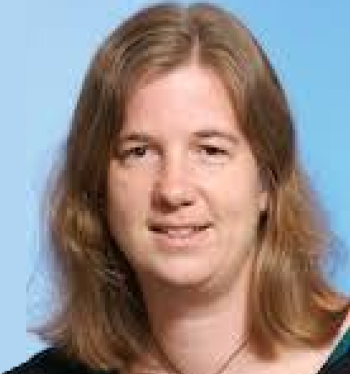Johannah Nikula, Senior Project Director, Education Development Center

Over the years, when working to develop teacher professional learning (PL) programs focused on fostering mathematical thinking and mathematical communication for all learners (especially emergent multilingual learners), questions about how to scale and sustain those opportunities have frequently centered on the PL facilitators. Two areas of learning have been about the importance of written supports we develop for PL facilitators to scale to more users and the use of local co-facilitation models to build capacity and to enhance collaboration for sustaining the PL in local contexts.
First, we have found that carefully crafted, written facilitation supports can allow leaders to offer PL experiences to teachers in their local areas. Here are a few of the principles we keep in mind:
- Emphasize information about goals and rationale. Leaders will, without a doubt, need to make decisions about modifying the PL to their individual contexts, and the more they can understand the goals and rationale behind activities, sequences, and content, the better they will be able to make changes without diminishing the intended PL impacts for teachers.
- Balance the goals and rationale with practical information. For example, include modifiable agendas, slides, discussion prompts, and overviews of the PL experience while using careful formatting to make different categories of information easy to find.
- Offer examples of the important ideas in each session (e.g., about mathematical ideas and language for us) and of possible teacher responses and questions and how to respond to them. We have often collected these examples as part of the process of field testing a PL program.
Written supports can allow PL facilitators from varying contexts and of varying experience to successfully pick up and lead PL programs, but we believe that PL facilitators bring expertise in meeting local needs and have ideas to share with us. During development of PL, we seek to co-facilitate it with local educators with frequent opportunities for debriefing because this co-facilitation can lead to greater sustainability by:
- Building capacity for the local facilitators such that they are well-equipped to continue leading the PL or aspects of it after a particular grant has ended.
- Strengthening the PL experience for teachers through the local contextual knowledge that the co-facilitators bring.
- Bringing in different perspectives in some cases– e.g., in our work where we seek to include both mathematics coaches and English learner specialists from local districts to co-facilitate.
- Informing the development of facilitator support materials for future facilitators of the PL program.
In summary, scale and sustainability of a PL program can be greatly enhanced by a focus on collaboration and input at every stage and careful consideration of what facilitators will need to know or experience to successfully lead the PL.